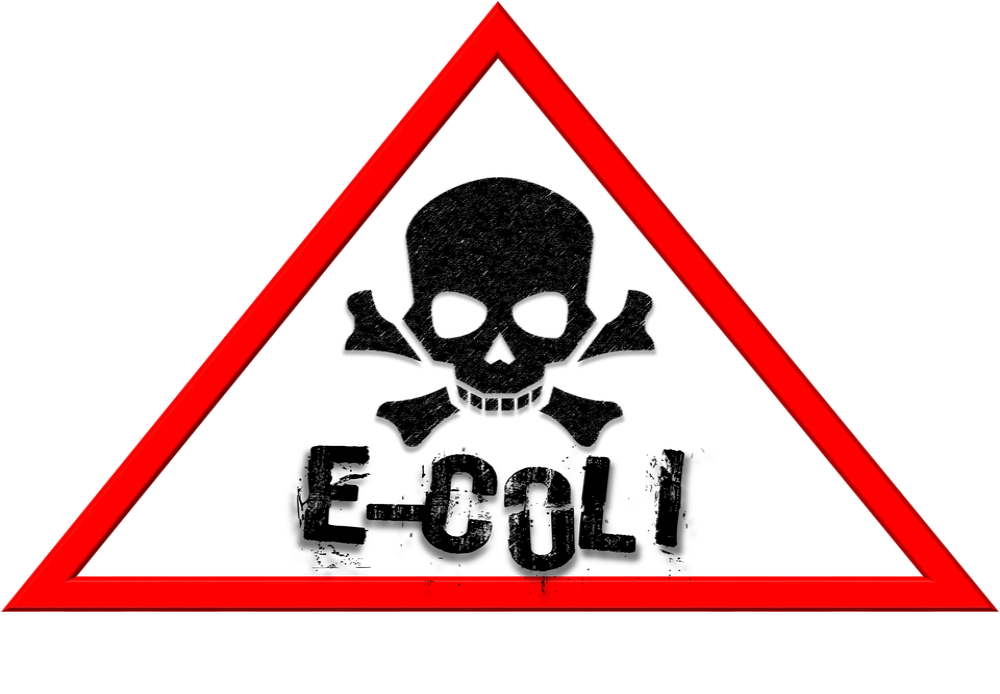Scientists are now able to produce otherwise toxic chemicals by using E. coli and cyanobacteria microorganisms. These microorganisms will help in sustainably producing chemicals from atmospheric carbon dioxide.
It will now be possible to produce chemicals, plastics, fibers, and fuels without the need for fossil fuel. This is according to researchers who have discovered a way of copying nature’s production of toxic chemicals without harming themselves. Researchers indicated this method would pave the way for greener chemical and fuel production.
Using microorganisms to produce toxic chemicals
The alternative suggested by scientists will be to engineer microorganisms like Escherichia coli (E. coli) and cyanobacteria. These microorganisms will help in sustainably producing chemicals from atmospheric carbon dioxide.
The use of these microorganisms to produce chemicals, however, has been hindered by the fact that many chemicals produced using the method are toxic to the microorganisms. This has reduced the ability to make large quantities of chemicals cost-effectively.
Scientists have now found a way to make the production of these chemicals economically viable by ensuring the chemicals are not harmful to the microorganisms. They are copying the biological processes which ensure that toxic chemicals are neutralized and can be stored safely within the plants and microorganisms that produce them.
These techniques were published in Proceedings of the National Academy of Sciences. Researchers indicated this method would help in the fight against climate change and also reduce the cost and the amount of fossil fuels used in chemical productions.
Dr. Patrik Jones, from the Department of Life Sciences at Imperial who was also the lead researcher, said,
We looked at what nature does already, for its own benefit, and applied the idea to biotechnology, for our benefit.
The researchers noted that plants and yeasts sometimes produce toxic chemicals to them. To store them, they modify these chemicals and store them as derivatives. The plants and yeast can convert these derivatives into their original form using simple chemistry.
Researchers, having studied these processes, genetically engineered E.coli and cyanobacteria to mimic this process. They were able to produce 1-octanol, a chemical currently used in perfumes. They then added a simple instruction to E.coli to produce a different derivative of E. coli. The two derivatives were found to be less harmful and cost-effective.
Scientists who took part in this research are hopeful that this research will help industries make environmentally friendly chemicals. They were also conscious of climate change and said this is a safer method of producing chemicals.
Featured image by Pixabay







